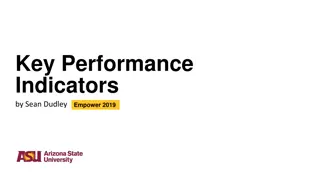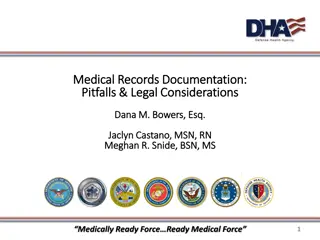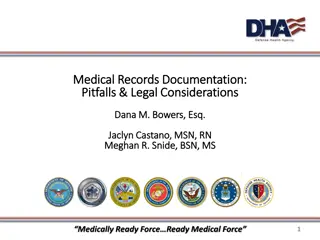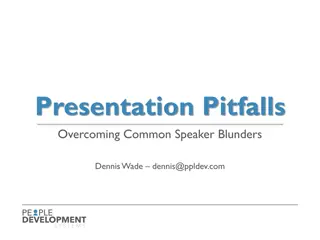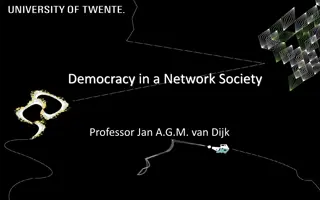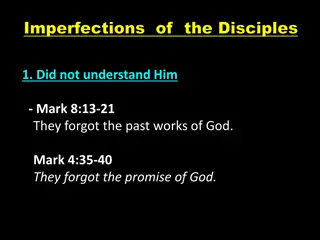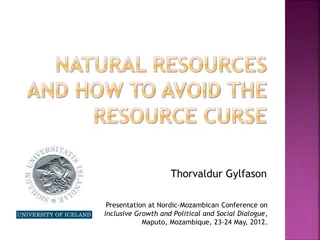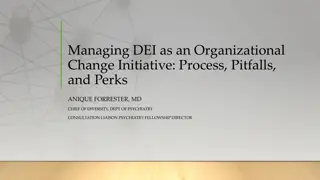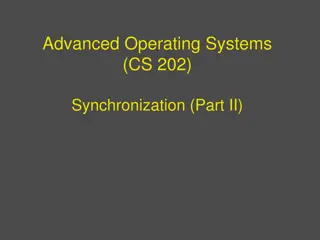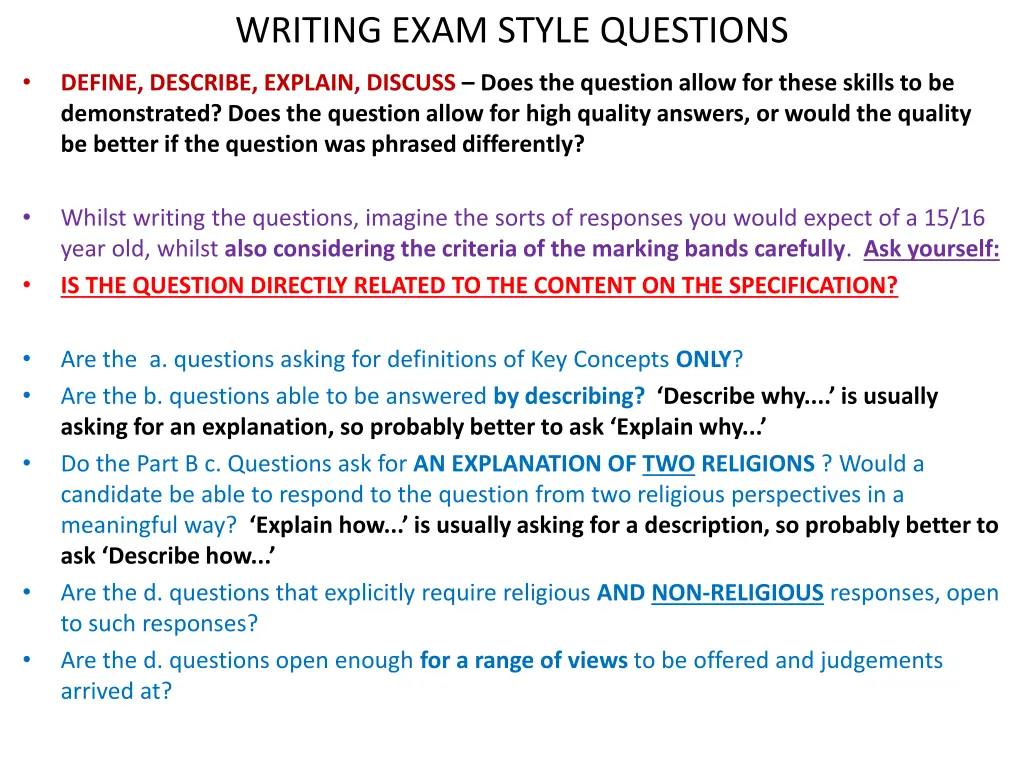
Crafting Effective Exam Style Questions for Students
Discover key considerations for designing exam questions that effectively assess students' understanding and skills. Evaluate the clarity, relevance, and accessibility of questions to ensure they facilitate high-quality responses. Avoid common pitfalls and create engaging questions that align with the curriculum specifications.
Download Presentation

Please find below an Image/Link to download the presentation.
The content on the website is provided AS IS for your information and personal use only. It may not be sold, licensed, or shared on other websites without obtaining consent from the author. If you encounter any issues during the download, it is possible that the publisher has removed the file from their server.
You are allowed to download the files provided on this website for personal or commercial use, subject to the condition that they are used lawfully. All files are the property of their respective owners.
The content on the website is provided AS IS for your information and personal use only. It may not be sold, licensed, or shared on other websites without obtaining consent from the author.
E N D
Presentation Transcript
WRITING EXAM STYLE QUESTIONS DEFINE, DESCRIBE, EXPLAIN, DISCUSS Does the question allow for these skills to be demonstrated? Does the question allow for high quality answers, or would the quality be better if the question was phrased differently? Whilst writing the questions, imagine the sorts of responses you would expect of a 15/16 year old, whilst also considering the criteria of the marking bands carefully. Ask yourself: IS THE QUESTION DIRECTLY RELATED TO THE CONTENT ON THE SPECIFICATION? Are the a. questions asking for definitions of Key Concepts ONLY? Are the b. questions able to be answered by describing? Describe why.... is usually asking for an explanation, so probably better to ask Explain why... Do the Part B c. Questions ask for AN EXPLANATION OF TWO RELIGIONS ? Would a candidate be able to respond to the question from two religious perspectives in a meaningful way? Explain how... is usually asking for a description, so probably better to ask Describe how... Are the d. questions that explicitly require religious AND NON-RELIGIOUS responses, open to such responses? Are the d. questions open enough for a range of views to be offered and judgements arrived at?
Is the language accessible for all? Are the questions asked in a straightforward way? Avoid obscure or overly complex words. ADHERE TO THE RUBRIC. If the question includes specialist language, is that language explicit on the specification? Does the question create confusion or invite misunderstanding? Is there enough to say in response to this question - too narrow? Is there too much to say in the time given - too open/wide? Do my questions lead to too much repetition of content? Do the questions assess a range of specification content? Do my questions give unintended clues to part of the answer? Will some candidates be able to attain the criteria of the highest bands by responding fully to your question? Will weaker candidates be able to access the question and gain some credit? Am I using all of the 'best' questions up in the first year or so? THE BEST WAY TO SEE IF A QUESTION WILL WORK IS TO WRITE A MARK SCHEME FOR IT IF YOU STRUGGLE, THE CANDIDATES WILL CERTAINLY STRUGGLE.
AVOIDING THE PITFALLS Are the following practise exam style questions appropriate? Explain why or why not. Unit 1 Part A: Beliefs, Teachings and Practices Christianity Question 1a. What do Christians mean by persecution ? Question 1a. What do Christians mean by Holy Spirit ? Question 1a. What do religious believers mean by reconciliation ? Question 1a. Explain what is meant by ascension . Unit 1 Part A Question 1b. Explore what people believe about the incarnation. Question 1b. Describe religious beliefs about the incarnation. Question 1b. Describe Christian beliefs about the incarnation.
Unit 1 Part A Question 1c. Describe the work of the Salvation Army. Question 1c. Explain why the Salvation Army works to help people in need. Question 1c. Explain Jesus teaching on marriage. Unit 1 Part A Question d. Christians should always forgive. Discuss this statement showing that you have considered more than one point of view.(You must include religious and non-religious beliefs, such as those held by Humanists and Atheists, in your answer) Question d. Inter-faith dialogue is pointless. Do you agree? Give two reasons why a Christian would agree or disagree with this statement. Question d. Praying should always take place in private . Discuss this statement showing that you have considered more than one point of view. (You must refer to religion and belief in your answer.)
Unit 1 Part B Religious Responses to Philosophical Themes Life and Death. Question 3a. What do Christians mean by Heaven ? Question 3a. What is meant by environmental responsibility ? Question 3b. Describe religious teachings about the value of human life. Question 3b. Outline religious beliefs about the stories of creation in Genesis. Question 3c. Explain why there may be differences in belief within a religion about Creation. Question 3c. From Christianity and Hinduism, explain beliefs about the creation of the universe. Question 3d. 'The belief in the afterlife is the most important one.' Discuss this statement showing that you have considered more than one point of view. (You must refer to religion and belief in your answer.)





